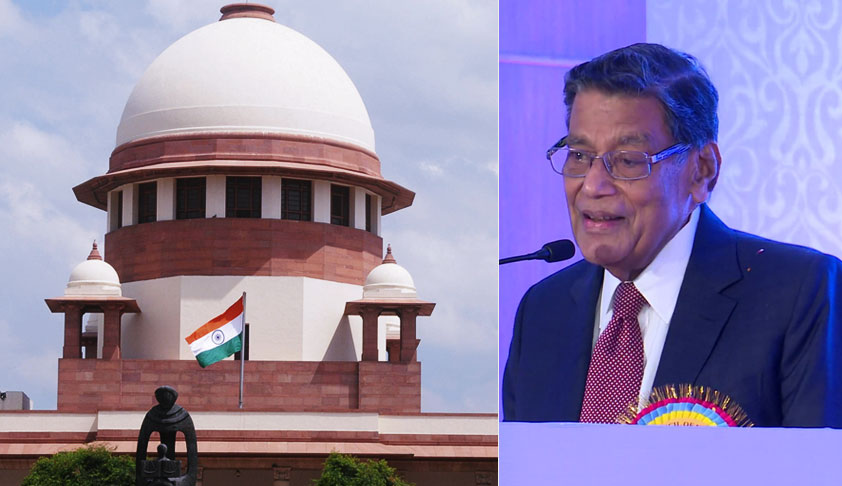Live Streaming Of Supreme Court Proceedings : Read AG KK Venugopal's Recommendations To SC
LIVELAW NEWS NETWORK
24 Aug 2018 12:17 PM IST

Next Story
24 Aug 2018 12:17 PM IST
Attorney General for India KK Venugopal has submitted his suggestions on live-streaming of Court proceedings. He was responding to a petition filed by Senior Advocate Indira Jaising seeking a declaration for permitting live streaming of Supreme Court case proceedings of constitutional and national importance having an impact on the public at large and a direction to make available the...
